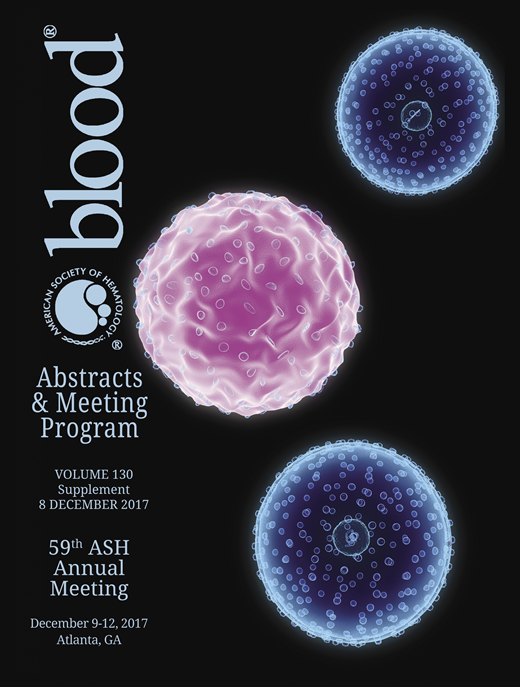Abstract
Bacground : Erythropoiesis stimulating agents (ESA) increase hemoglobin levels, reduce red blood cell (RBC) transfusion requirements and improve the quality of life (QoL) in patients with chemotherapy-associated anemia (CAA). The purpose of this study is to investigate the efficacy and safety of ESA for management of anemia caused by chemotherapy in patients with diffuse large B-cell lymphoma (DLBCL). And this study estimated quality of life as measured by Functional Assessment of Cancer Therapy Scales for anemia (FACT-An) additionally. Until now, several studies suggested that ESA can affect the progression of tumors. This study conducted experiments to confirm whether the results of previous studies were also applied to lymphoma cells.
Patients and Methods : This prospective, multicenter, phase II study enrolled 50 Histologically confirmed DLBCL patients who were treated with rituximab, cyclophosphamide, doxorubicin, vincristin, and prednisolone (R-CHOP) chemotherapy. This study enrolled patients who were shown hemoglobin < 10.0 g/dL at least 3 cycles after starting R-CHOP, were planning to receive at least 4 times of darbepoetin, could read Quality of life as measured by FACT-An and agreed with informed consent. However, this study excluded patients who combined iron deficiency anemia, received erythropoietin at least one months before starting darbepoetin, serious pre-existing medical condition, and untreated primary or metastatic CNS(central nervous system) malignancy. This study was registered in clinicaltrial.gov, and more information can be found at NCT02890602. All patients received darbepoietin alfa at fixed dose of 360 mg once every 3 weeks and if the hemoglobin level exceeds 12 g/dL, administration of darbepoietin was stopped temporarily. In addition, DLBCL cell lines or primary DLBCL cells were tested in vitro to investigate if there were any adverse effects of ESAs on the cancer cell growth.
Results : Fifty patients were enrolled between Sep 2012 and Oct 2016. The median age was 64.5 years (range: 34-79 years). The baseline clinical features were as follows: female sex, 68.0%; ECOG >1, 75.5%; stage III/IV, 80.0% and International Prognostic Index score (IPI) > 2, 53.3%, and mean serum ferritin level, 648.13±982.52. The baseline mean hemoglobin level was 9.24 g/dL and overall mean change in hemoglobin level was 1.54±1.3 g/dL at 16 weeks. 46% of total enrolled patients achieved an increase in Hb levels of at least 2 g/dL after 16 weeks of darbepoietin administration and median time to response was 8 weeks. The change of OoL was not significant from baseline to finish of ESA. Most adverse events were hematologic complications which were attributed to the primary disease or received chemotherapy. Only one patient had a thrombotic event which was Common Terminology Criteria for Adverse Events (CTCAE) grade I. Transfusion necessity was determined by clinical judgment and the transfusion rates were 18%. In in vitro study using DLBCL cells, erythropoietin or darbepoietin did not alter cancer cell viability nor rituximab-mediated cytotoxicity under the conditions we have tested.
Conclusions : Our study has demonstrated that ESA is effective and safe for patients suffering from anemia after RCHOP chemotherapy. The use of ESA in patients with DLBCL did not deteriorate the quality of life of the patients during chemotherapy. Finally, our research have also shown that the use of ESA does not affect the growth of lymphoma cells. (EPOMA ClinicalTrials.gov number, NCT02890602)
No relevant conflicts of interest to declare.
Author notes
Asterisk with author names denotes non-ASH members.

